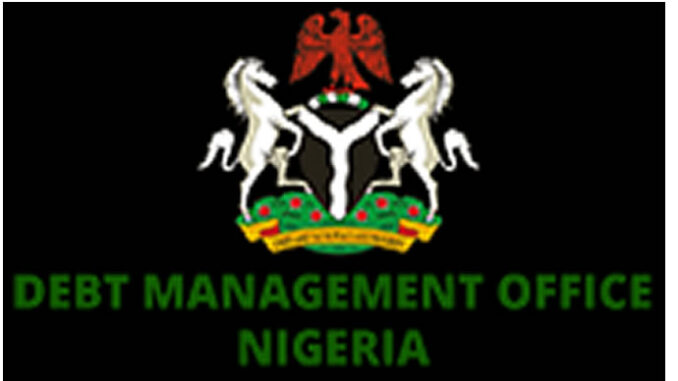
The National Bureau of Statistics (NBS) revealed that at the end of Q4 2023, Nigeria’s public debt crisis had increased to N97.34 trillion, attracting considerable attention. This indicates a growing financial burden and is a noteworthy increase of 10.73% from the previous quarter.
In Q4 2023, the total governmental debt was N97.34 trillion ($108.23 billion).
At N59.12 trillion (60.74%), domestic debt is more than external debt, which is N38.22 trillion (33.26%).
The federal government’s new domestic borrowing and lender disbursements are blamed for the surge.
Examination and Possible Consequences:
Talks concerning Nigeria’s economic susceptibility have been triggered by the country’s mounting debt. The following are some possible ramifications:
Increasing Debt Servicing Costs: Higher interest rates result from a greater debt stock, which takes funds away from other essential government expenditure initiatives.
Slower Economic Growth: By discouraging private investment, high debt levels might impede economic growth.
Exchange Rate Pressure: Nigeria’s external debt based in foreign currencies makes it susceptible to changes in exchange rates, which could make the debt load heavier.
Gazing Forward:
A sustainable debt management plan that strikes a balance between fiscal austerity and economic growth must be put into place by the Nigerian government. This might entail:
Setting Revenue Generation as a Top Priority: Looking for ways to boost tax income and enhance the effectiveness of tax collection.
Spending Less: Stricter budgetary constraints should be put in place, and expenditure should be limited to necessities.
Economic diversification entails lowering dependency on oil exports while promoting expansion in alternative industries.
In summary:

Nigeria faces a big problem with its growing public debt. Even though borrowing can be a helpful instrument for funding government initiatives, responsible debt management is essential to ensuring long-term economic stability. Nigeria may overcome this obstacle and ensure a more sustainable future by concentrating on economic growth and enacting sensible budgetary measures.

Be the first to comment